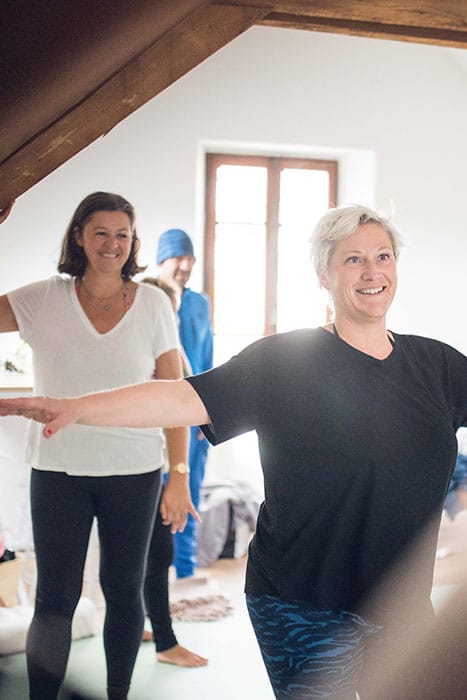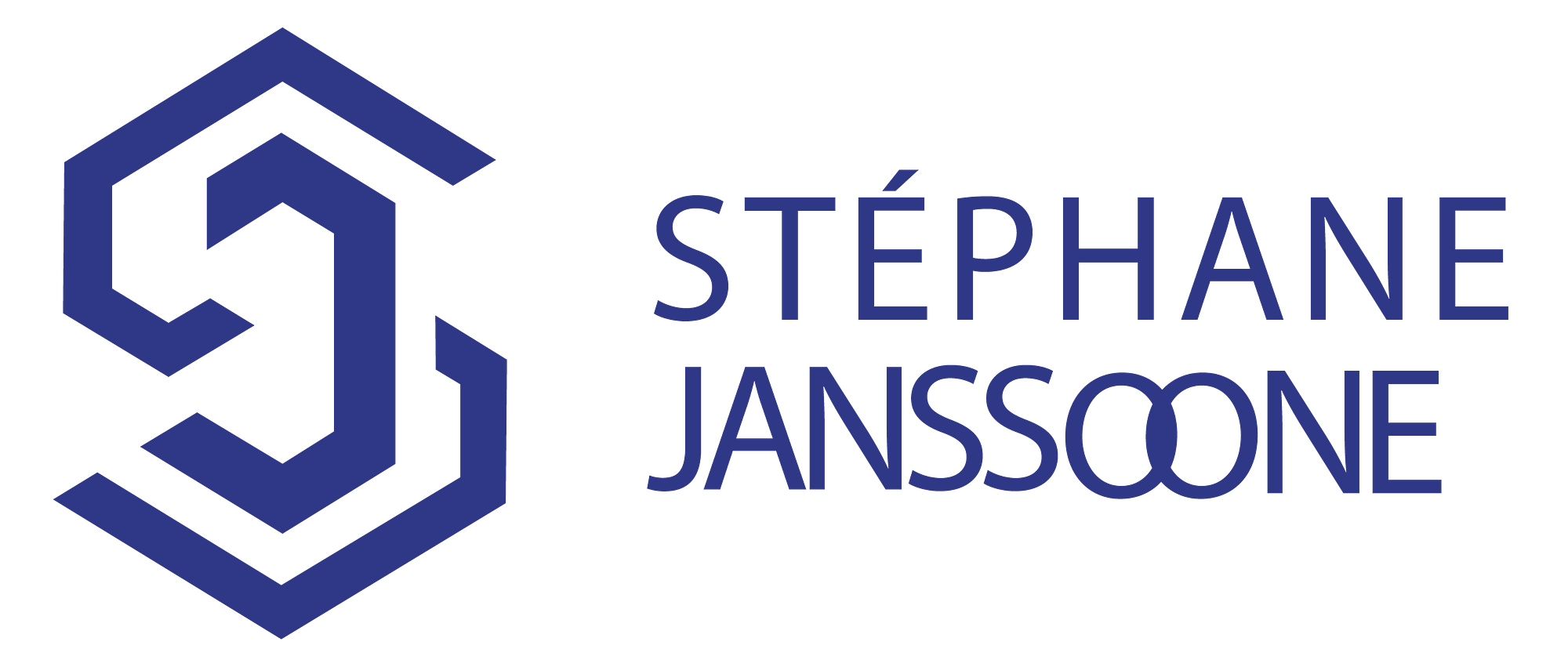Accompagnement Corporate
A team is much more than a sum of individuals and talents.
Collective performance depends not so much on individuals as on the quality of their interactions and the match between the organization, projects and expected results with available resources.
To draw a parallel with sport, it is more a question of defining the match sheet (defining roles and possible interactions according to the forces involved) and tactics (who does what, where, how, when and with whom) than of recruiting the best players on the planet. In other words, to use Einstein's quote, the challenge is to put the fish in a situation where they can swim as well as possible, and to put the monkeys in a context that will allow them to climb trees using their agility to the full.
Happiness and self-knowledge
as sources of performance
Aujourd’hui, les études scientifiques démontrent que le bonheur est vecteur de performance et de réussite, et non pas que le bonheur est une conséquence de la performance et de la réussite. Le bonheur proviendrait pour 50 % de nos gènes, pour 40 % de nos choix de vie (le sens que l’on donne à notre vie, nos engagements, les rencontres que l’on fait, notre aptitude à être heureux dans notre travail, notre activité) et pour 10 % seulement des conditions extérieures (le pays dans lequel on vit, notre milieu social).
Frédéric Lenoir
Pour 40 % donc, le bonheur, et indirectement la performance, dépendent de notre capacité à aligner nos choix de vie avec notre deepest naturewith our singular, unique way of acting and interacting with our environment. This applies to both the individual and the team to which he or she belongs. The former, like the latter, is a living system animated by its nature own nature which, once connected, understood and accepted, makes it possible to access its full potential. Thus, self-knowledge and self-acceptance are major levers of individual and collective performance.
AND MOTIVATION?
In 2013, a global survey (27 million employees in 195 countries), conducted by the Gallup Institute Gallup, a qualifié et quantifié l’engagement employee engagement according to three categories :
- those who are committed, who contribute strongly to the company's performance, who innovate, create value, go beyond the expected results;
- the actively disengaged, who are not only unhappy and unproductive, but who spread negativity within the company, challenge the authority of managers and sabotage projects and initiatives ;
- the neutrals, who fulfil their mission, doing the minimum required.
The results are indisputable, with great disparities between countries. France ranks last among European countries in terms of commitment, with only 9% of employees engaged and 26% actively disengaged. The United States ranks first worldwide, with 30% of employees engaged and 18% actively disengaged.
One of the main findings of the Gallup survey is the impact of the relationship between manager and employee on employee engagement. The most engaged employees respond positively to the following statements: «I feel that I can talk to my manager about non-work related issues» and « I feel that I can talk to my manager about anything».
It is therefore a question of creating a supportive, open, collaborative environment, where the manager will know how to trust his employees, allow them to express their potential and creativity, and give them the opportunity to co-construct and co-produce.
Everyone will have to be able to fully activate the three levers of well-being. bien-être que sont
- positive contribution, to the environment and to the projects
- the opportunity to grow, i.e. to progress, learn, develop, and
- the harmonious relational,
or be sufficiently aligned with its deepest nature to allow itself to seek them elsewhere.
Self-knowledge is also a tool for defining what we can and cannot accept.
My approach?
When I support a team in its development, I strive, as in individual coaching, to address the three dimensions: body, heart, mind.
So don't be surprised if I offer you, as an introduction to a day-long seminar, to (re)discover and practice breathing, and/or to set yourself in motion according to techniques inspired by yoga. The use of the body, the energizing in relaxation and joy, the learning of rituals that are sources of well-being and health, are an integral part of my interventions, for the good of all.
Then I rely on self-knowledge. The principle is to support team members in understanding and accepting their preferential functioning through the discovery of each person's personality typeMBTI®, ACTION TYPES®).
This sequence is generally done in groups in the form of situations and exercises that encourage the emergence of the differences that exist between individuals, and at the same time, the highlighting of their complementarity.
The understanding and acceptance of the other is thus greatly facilitated and it becomes easy to optimize the construction of a team for a given project, while respecting its intrinsic functioning.

Finally, depending on the needs and expectations identified, I support you in developing the group's performance on topics such as :
- setting up and carrying out projects (define the « match sheet »)
- communication
- conflict management
- the implementation of change
- the definition of the meaning and purpose of the team, the project, the company
- …
The exploration of these themes, based on a perfect understanding of individual resources, makes it possible to sustainably anchor newly acquired functionalities through their immediate application, in a supportive and caring environment.
Beyond the techniques learned, it is truly the ability of individuals to build, in an optimal way, on their own strengths and operating patterns that makes the difference. This changes the team dynamic. Everyone takes care to put in place the necessary conditions for the expression of their talent and that of others.
